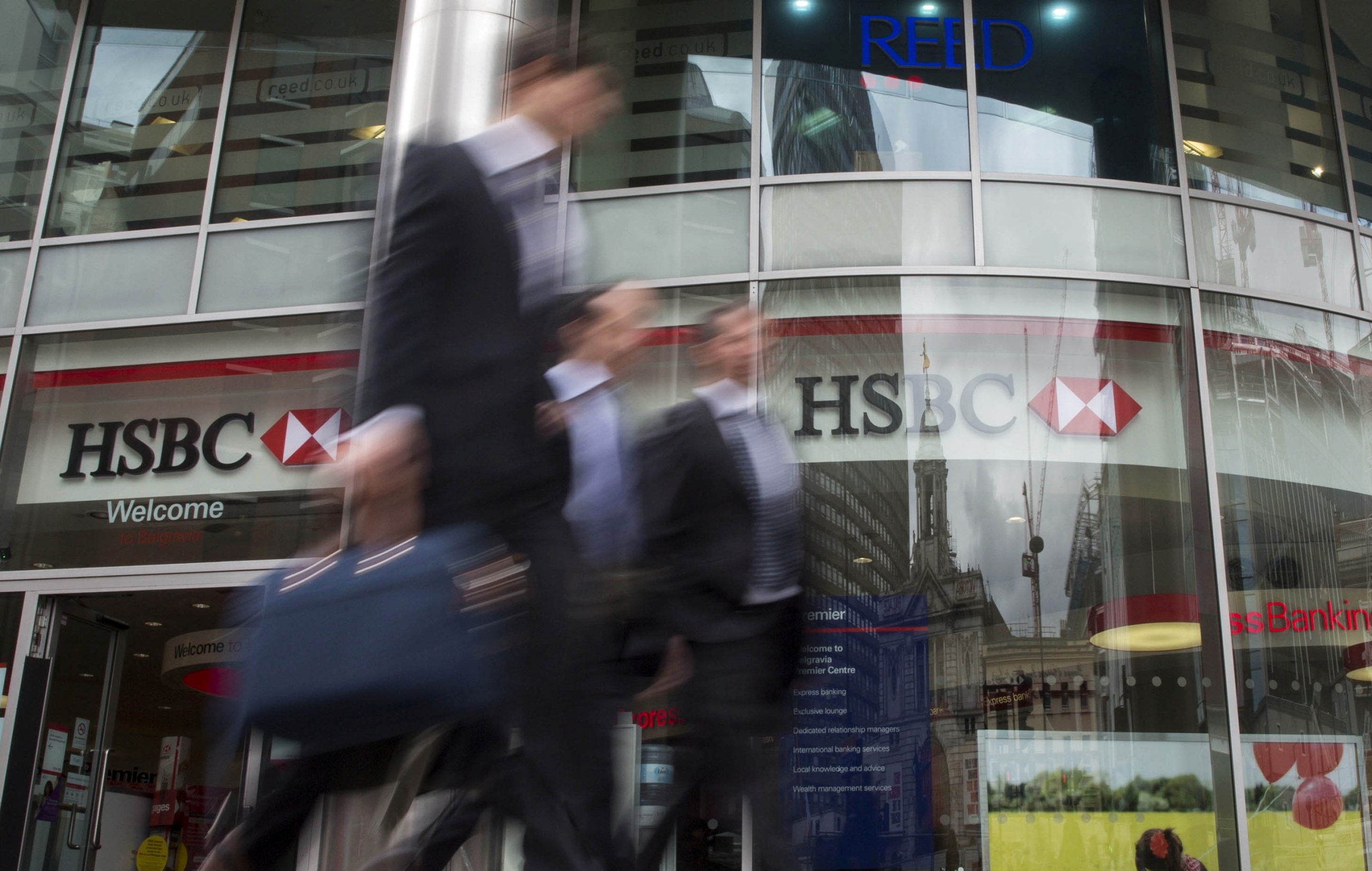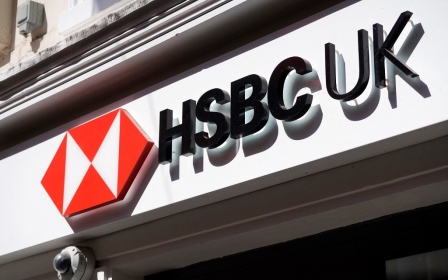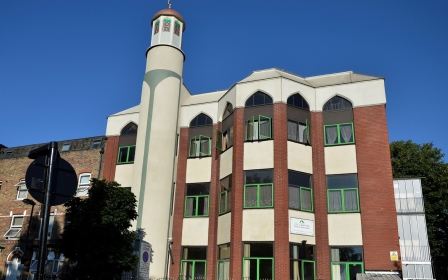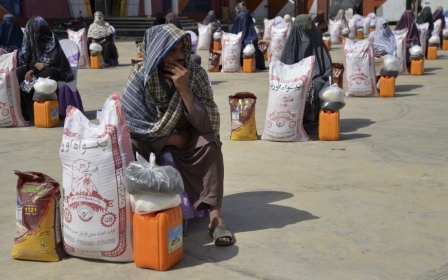Nigel Farage row: UK banks accused of 'disproportionately' targeting Muslims

British Muslims have been "disproportionately" denied banking services and had their bank accounts closed "without adequate transparency and recourse", campaigners have said.
The Muslim Council of Britain (MCB), which serves as the largest representative body for UK Muslims, sent letters to Prime Minister Rishi Sunak, Chancellor Jeremy Hunt and opposition party leaders on Tuesday demanding the protection of universal banking rights.
In the letters, the MCB's Secretary General Zara Mohammed said successive governments had ignored the issue of banks withdrawing services from British Muslims and the practice had persisted "without adequate transparency and recourse for those affected".
"We urge for an impartial review that not only addresses the mechanisms behind bank account closures but also examines why British Muslims are disproportionately affected by this issue," said Mohammed.
The MCB's intervention comes after figures from Britain's Financial Conduct Authority named Muslims as the only faith group likely to be "unbanked" in Britain.
The letters also come after former UK Independence Party leader Nigel Farage had his bank account closed by Coutts, a prestigious private bank for the wealthy, because of his political views.
The fall-out led to chief executives at NatWest, Coutts' parent company, resigning and the commencement of an independent review into the targeting of Farage.
Pro-Palestine groups targeted
In recent weeks, Muslim faith-based charities and pro-Palestine solidarity groups have highlighted that they have been subject to bank closures for years as a result of their political views without a major backlash from politicians or the press.
While Farage received a 40-page report regarding the closure of his Coutts account, many Muslim charities told MEE they had not received the same explanation.
Fadi Itani, the CEO of the UK-based Muslim Charities Forum, says that charities have been facing bank closures for over two decades and are often "over-policed" by banks and their policies.
"This typically happens with organisations working in more sensitive regions where there is a higher security risk, but we've found this to be extended to a much wider definition, creating an unfair burden for charitable organisations to work with," he told MEE.
In 2015, the Palestine Solidarity Campaign - the UK's most prominent pro-Palestinian organisation - had its bank account with the Co-operative Bank closed, with no further explanation cited other than “the bank’s risk appetite".
MEE reached out to the UK Treasury for comment but did not receive a response by time of publication.
Middle East Eye propose une couverture et une analyse indépendantes et incomparables du Moyen-Orient, de l’Afrique du Nord et d’autres régions du monde. Pour en savoir plus sur la reprise de ce contenu et les frais qui s’appliquent, veuillez remplir ce formulaire [en anglais]. Pour en savoir plus sur MEE, cliquez ici [en anglais].




